VeganPizza69 Ⓥ
No gods, no masters.
- 11 Posts
- 106 Comments

 4·3 days ago
4·3 days agoThis reminds me of those solar cars. https://wonderfulengineering.com/family-solar-car-stella-runs-completely-on-solar-energy/

What’s the “Remind Me” bot here? +2.7 ℃ looks doable by 2050.

It’s even worse. The places that sell carbon offsets are often poorer parts of the world. The selling is essentially a privatization of carbon sinks. As is tradition, these privatizations are very under-priced. Worse still, as they’re selling carbon sinks, they will not have those carbon sinks for themselves in the future if they choose to “develop” and emit more GHGs… they’ll have to buy carbon credits from some other fools and the prices are not likely to be lower.
It’s all very silly.

 1·6 days ago
1·6 days agoit’s safe
but is there time?

 8·7 days ago
8·7 days agoWasn’t she a huge disappointment when she unilaterally suspended/deferred congestion pricing supposedly after
divine interventionmeetingan angelsome random person in a restaurant? What a piece of shit.

Technically, instead of bananas it could be feed crops.

 2·7 days ago
2·7 days agoThe article is paywalled, so good luck with it. Isn’t “Lemon de” on the conservative carbrain side?
And, yes, speed limits need to be enforced somehow for all motorized vehicles within their contexts. Sidewalks are not for riding fast and bike paths aren’t for riding fast either. Speed limiters are most definitely needed, as is a lot of education. Civilization is 100% not ready for “sharable” scooters either.

 22·8 days ago
22·8 days agoWait till you hear about grazing.

The great filter is here. Time to see if this global civilization and shrink its ego enough to fit through it.

ending war on Russia
LOL

Some recommended reading:
“Would abandoning false hope help us to tackle the climate crisis?”
‘Climate Optimism’ Is Dangerous and Irrational
Making the future too bright: how wishful thinking can point us in the wrong direction
“The Neoliberal Optimism Industry”
And some gallows humor for you: https://www.dropbox.com/scl/fo/zwgsdit718nhpvp2u25s0/h?rlkey=3fkknreo30eovbmim8wqnt56b&e=1&dl=0 from https://postdoom.com/

When it comes to aviation in general — something only a small share of the world’s population takes part in — it contributes roughly 2.5 per cent of all CO2 emissions and has thus far contributed to roughly four per cent of global warming.
haha
“Ignore the 892 Mt CO2, focus on the 15.6 Mt CO2!”
(from the paper https://www.nature.com/articles/s43247-024-01775-z )
also this:
Global commercial aviation is estimated to have emitted 892–936 Mt carbon dioxide (CO2) in 20191,2,3 and is responsible for about 4% of global net anthropogenic effective radiative forcing4,5.
(first paragraph of the text)
The invention of airplanes was a mistake that needs to be reversed urgently.

Where are the tractor protestors now?

Trump is still pink white. The makeup perhaps functions like the masks that entertainment wrestlers wear.
I’ve seen a lot of terrible things.
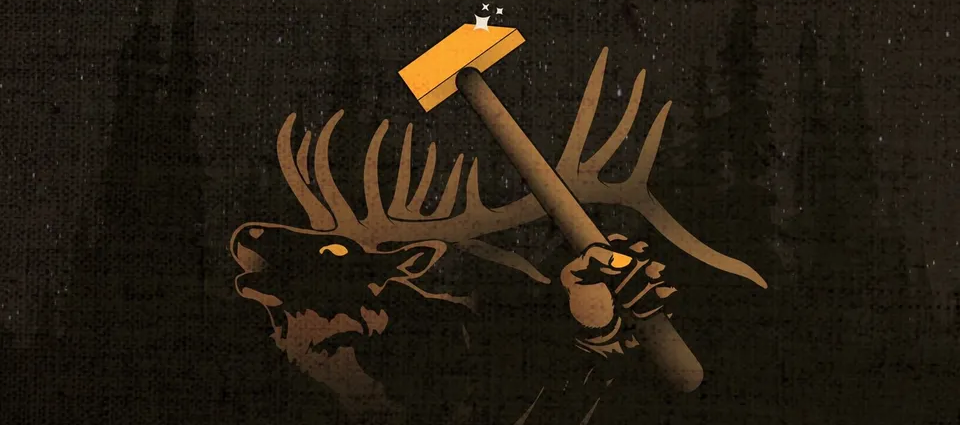

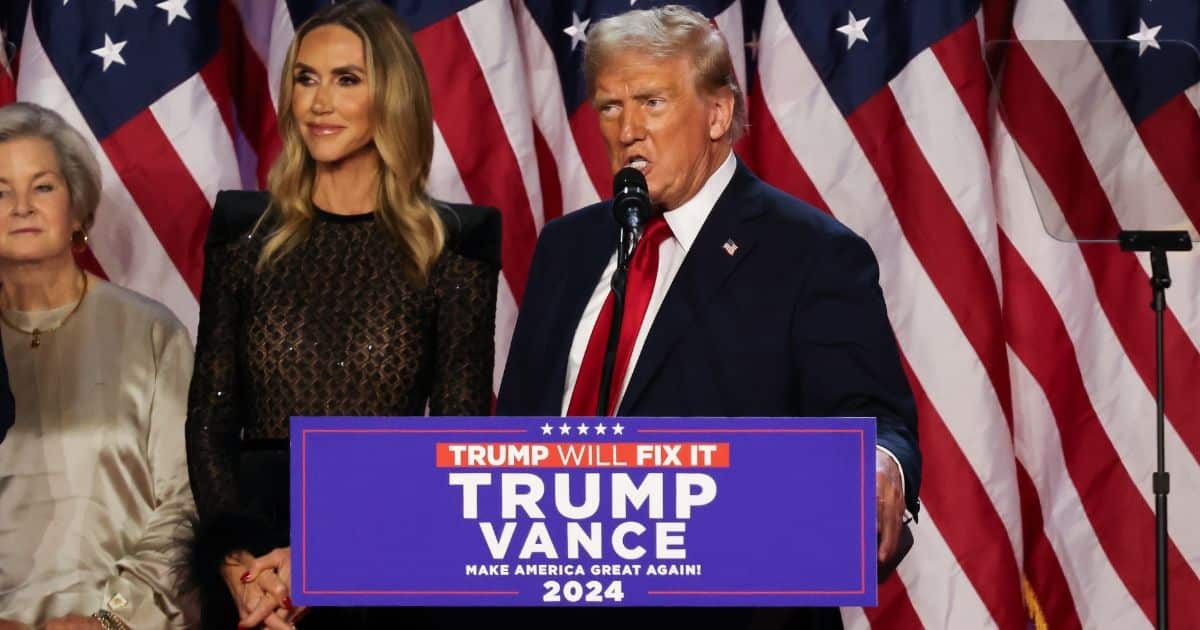

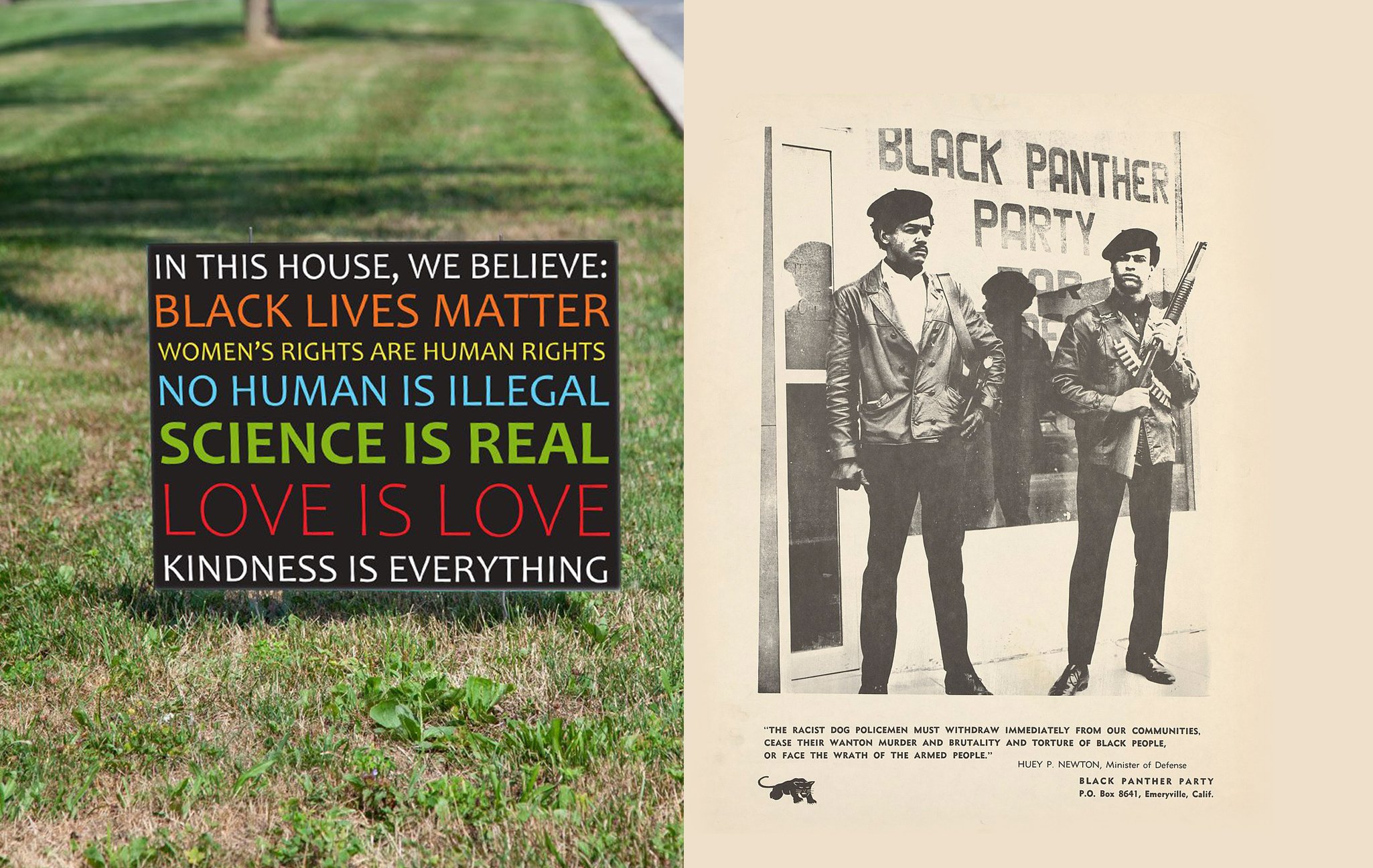
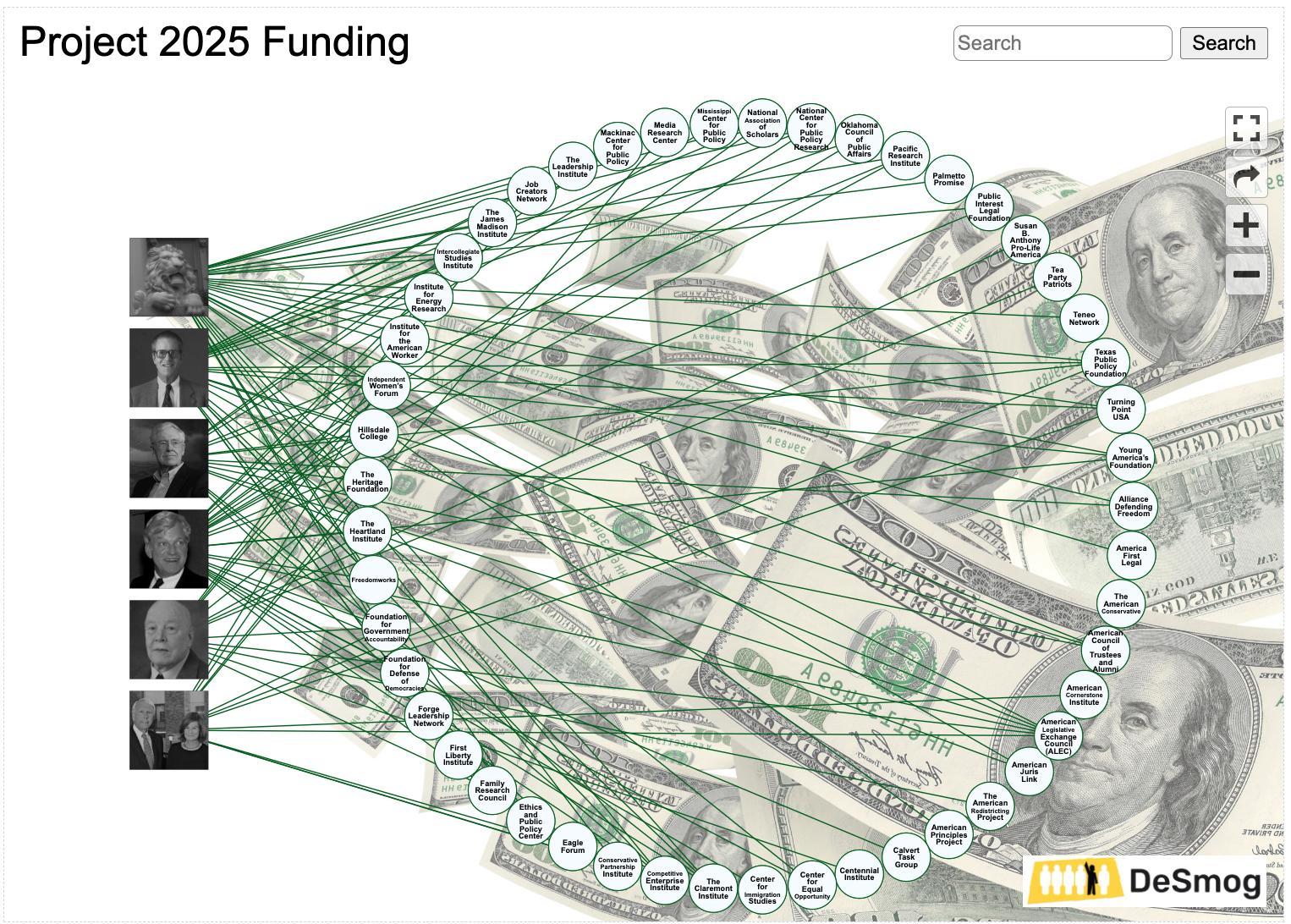
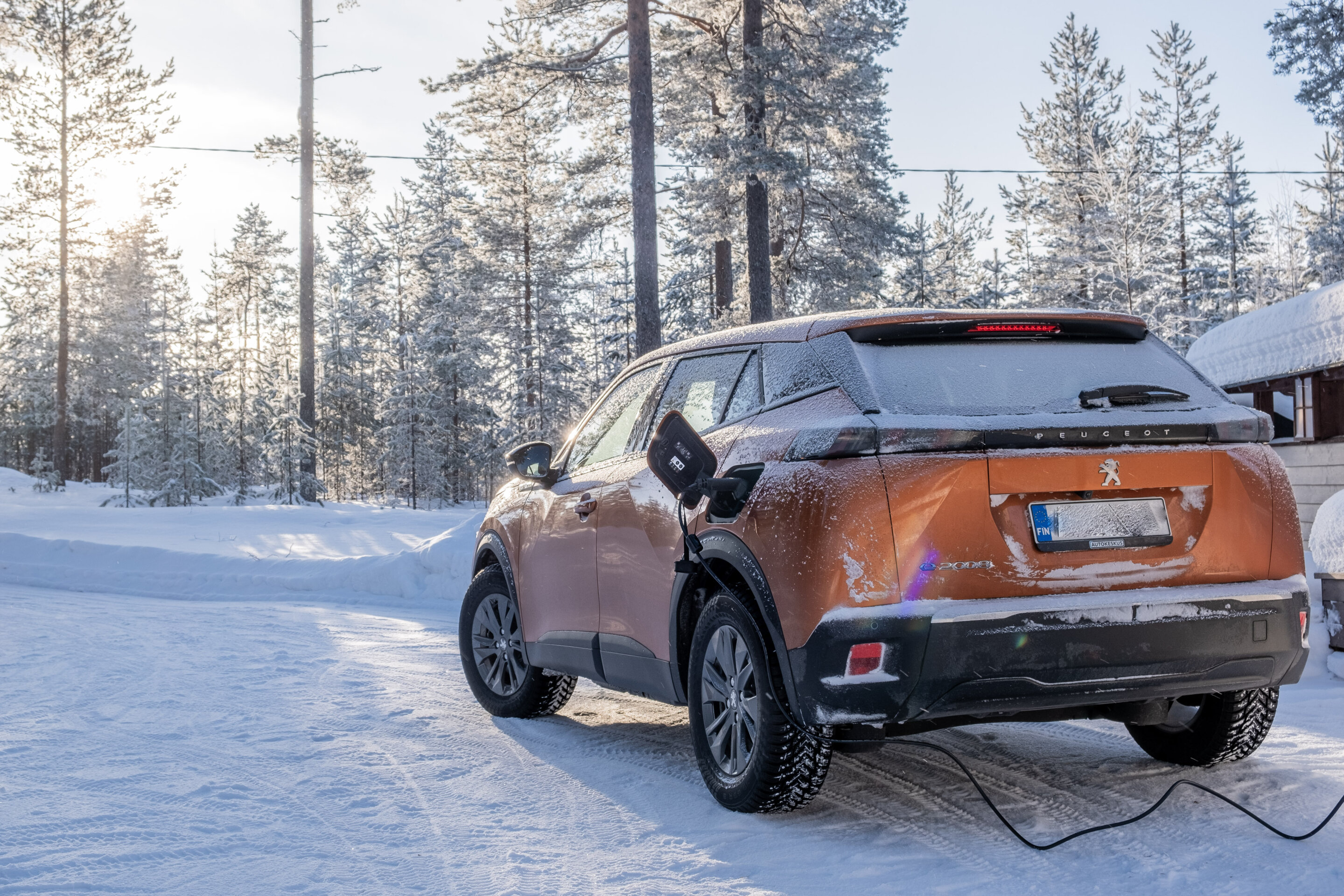

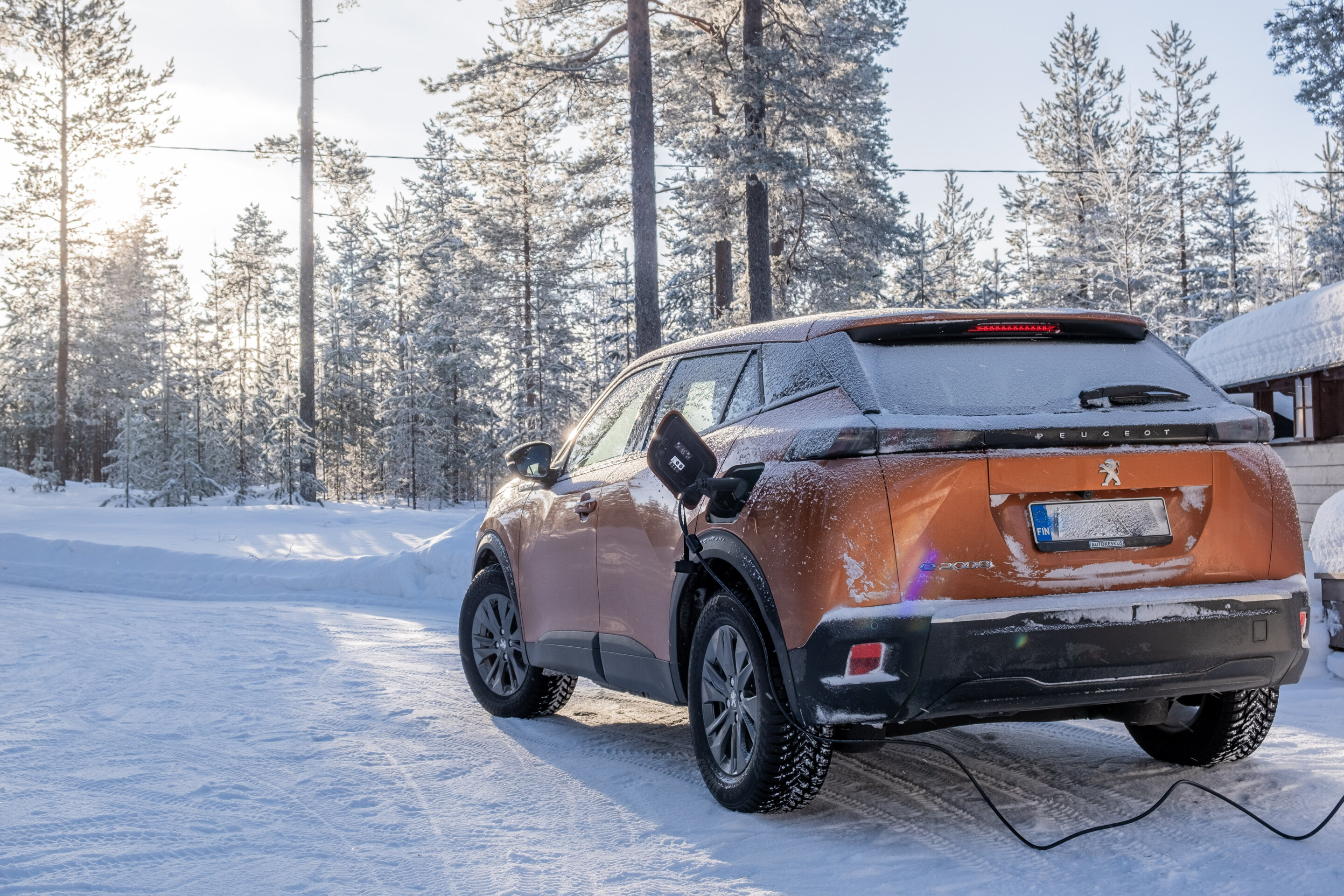
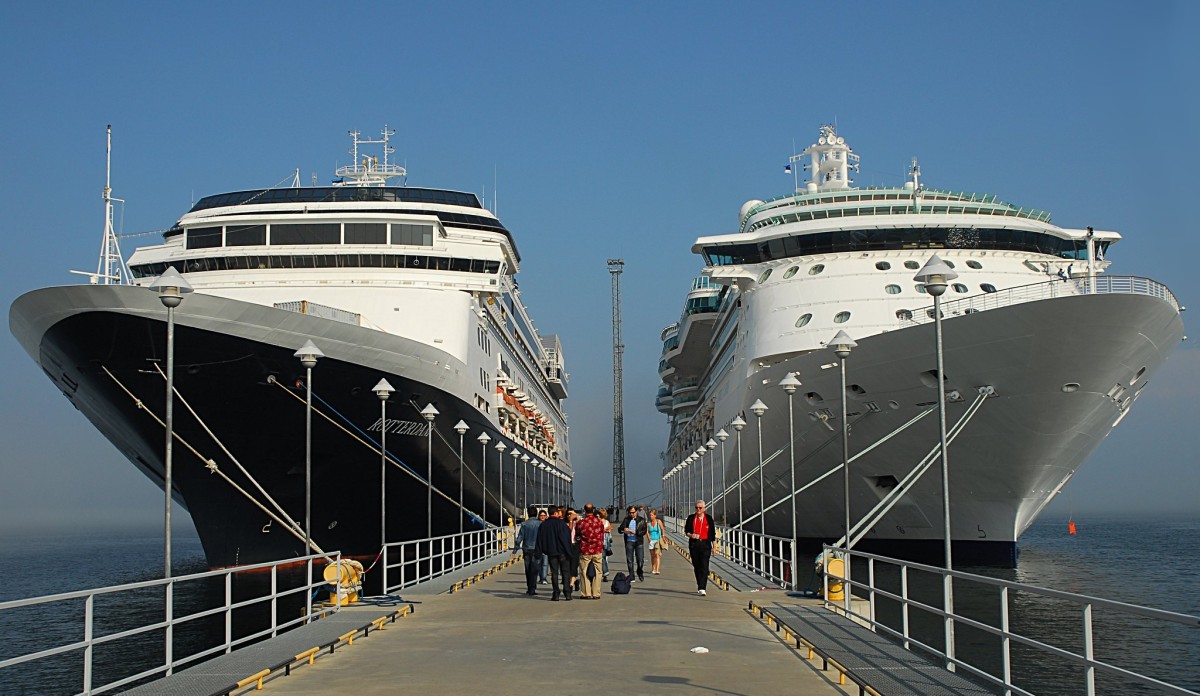


Cars and car infrastructure are very expensive. I see that as a growing problem, with resources (budgets) needing to be allocated to more important things.
If you keep “a few” cars, the policy transforms cars into highly desirable status signals due to being luxury products that have some large access privilege. This alone is a huge danger because people in this civilization are raised to be obsessed with chasing status and giving a small minority the huge advantage of cars and car system would probably lead to some type of mafia, political corruption, all kinds of bad shit. And it would maintain DESIRE for cars, and desire is key to creating demand.
The goal should be to eradicate the technology of cars entirely. That’s going to allow for more efficient use of other systems, more efficient use of resources, less pollution, way less class conflict.
I’m not saying that it will eliminate class conflict, because we know that there’s a history of “classes” in public transportation, even in buses. That’s segregation by class (in the US that class system was also mirrored in “race”). That’s a problem we should figure out separately.
Essentially, any time you support the production and use of a luxury, you’re destabilizing society and creating dangerous racing conditions (“race to the bottom”, “rat race”, “arms race”) which means that it’s unsustainable socially and politically.
I am actually from Eastern Europe and in my country, during the “Socialist” regime, there still were cars and they were rare. It drove the people nuts, it was a huge privilege to drive on, to buy one, to fuel one. After 1989 getting cars became a free for all, if you had money, so now the place is almost literally paved with cars in the big cities and most of them are second-hand, with a large number of them being junkers that cause horrible pollution (yes, we are in the EU). I’ve seen it happen, this tragedy. Which is why I say that there can be no stable state of “just a few cars”.
It doesn’t even work industrially, these car factories and car parts factories rely on economies of scale and large production. The lower the production, the more expensive and manual it has to get. Remember, cars started out as a rich people’s dangerous toys.
Similar dynamics apply to car infrastructure. That shit’s expensive. Do you think you’re going to have highways across the land for a fraction of the current car users?